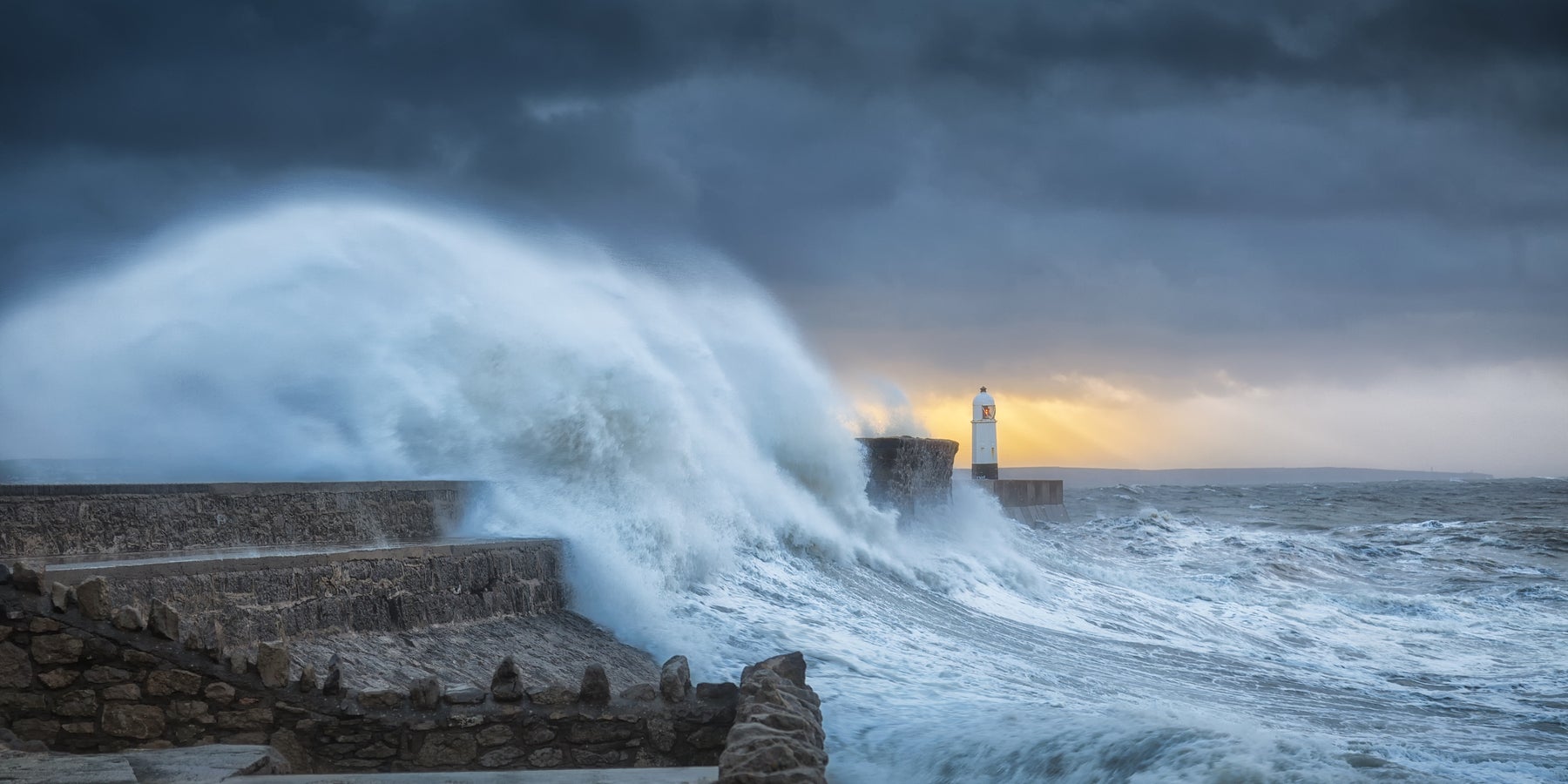
Cervest has raised $30m in a Series A funding round to expand its AI-powered climate intelligence platform into the US and European markets.
The startup’s platform provides a model for assessing climate risk, such as flooding and forest fires, to a physical asset.

Access deeper industry intelligence
Experience unmatched clarity with a single platform that combines unique data, AI, and human expertise.
Cervest claims its EarthScan product can give enterprises and governments climate insights on areas the size of a building going forward 80 years to help manage assets or inform construction decisions.
The Series A brings Cervest’s total funding to $36.2m. Draper Esprit led the financing round and was joined by existing investors Astanor Ventures, Lowercarbon Capital and Future Positive Capital.
New investors in the oversubscribed round include the venture fund of Salesforce CEO Marc Benioff, TIME Ventures, along with UNTITLED, the venture fund of Magnus Rausing, heir to the Tetra Pak fortune.
Cervest’s platform is available via a freemium model in which anyone can access basic climate intelligent features. Paying customers such as consultancy firms, insurers and policymakers have access to more granular data and more frequent updates. Its data is gathered from public and private sources.

US Tariffs are shifting - will you react or anticipate?
Don’t let policy changes catch you off guard. Stay proactive with real-time data and expert analysis.
By GlobalData“Climate Intelligence is business Intelligence for managing climate risk,” said Iggy Bassi, founder and CEO of Cervest. “Climate volatility has thrown us into a new era where Climate Intelligence needs to be integrated into all decisions. Organizations that fail to do so risk being blindsided by climate events such as the recent floods and fires in Australia, the droughts in Europe, and the winter freeze in Texas.”
Bassi founded Cervest in 2016 after unpredictable strong winds flattened a $6m mill and flash floods destroyed an entire season’s crops on his sustainable farm in Ghana, West Africa. The lack of reliable climate data turned him to AI. The startup brought in data scientists from Imperial College London to solve the complex mathematical problem of marrying fragmented data.
“What we realised [is that] somebody needs to fuse together all these world scientists on a single platform, which meant a huge amount of data engineering,” Bassi told Verdict Magazine in an interview last year. “And underpinning that is a huge amount of domain knowledge, particularly around physical sciences.”
A handful of other startups, such as Tractable, have turned to AI to provide climate risk solutions. But Bassi believes his platform’s ability to look at climate risk as “collective whole” sets his company apart.
“Climate Tech has grabbed a lot of attention recently, with good reason. But solutions come from understanding the problem – Climate Intelligence is a new $40 billion market category which seeks to provide us with answers,” said Vinoth Jayakumar, partner and fintech practice lead at Draper Esprit.







